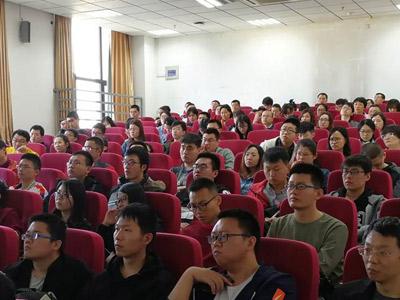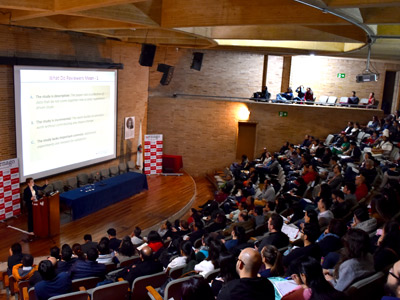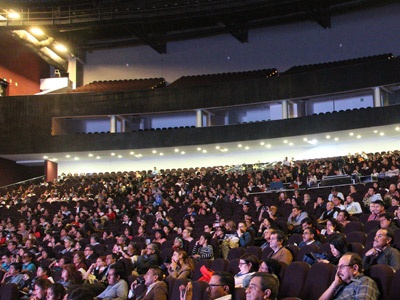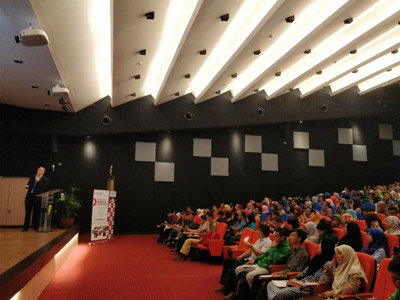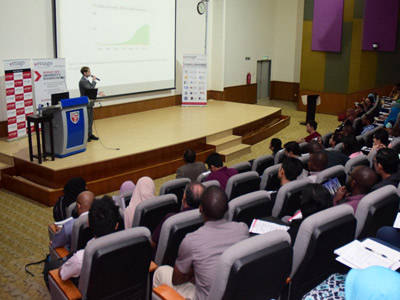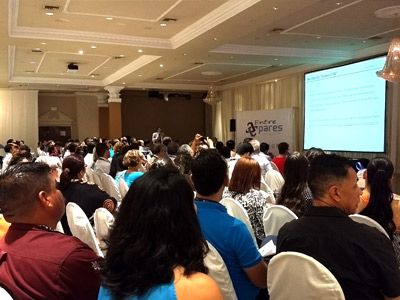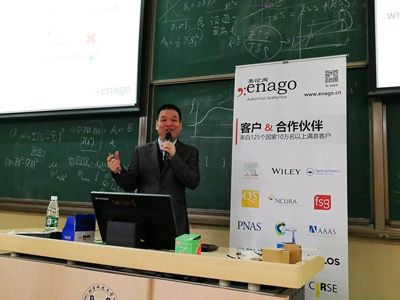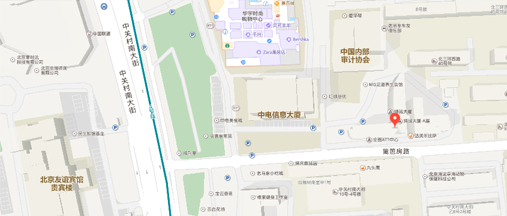 14 February 2020
14 February 2020 08:30– 15:45
08:30– 15:45 Università degli Studi di Milano-Bicocca
Università degli Studi di Milano-Bicocca
We are glad to announce that Enago in collaboration with Università degli Studi di Milano-Bicocca will be conducting an informative Author Workshop for assisting Italian researchers at different career-stages in achieving publication success.
The sessions will provide insights on the important aspects of the publication journey such as the review process followed post manuscript submission, common reasons for rejection by a journal and dealing with it intelligently. We will also share hands-on tips with researchers to present their research data in an efficient and appealing way. Furthermore, we will discuss how authors can identify the right opportunity and write a successful application for receiving international grants and fellowships.
Through these workshops, researchers will learn:
- The value of peer review in academic publishing
- Different peer review models
- Insights into the peer review decisions
- Importance of presenting research data effectively
- Different formats of data presentation
- Understanding the difference between grants and fellowships
- Awareness of the grant and fellowship writing and submission processes
- The format of a good research proposal
At the end of the workshops, all participants will receive a Certificate of Participation issued by Enago.
About the Speaker
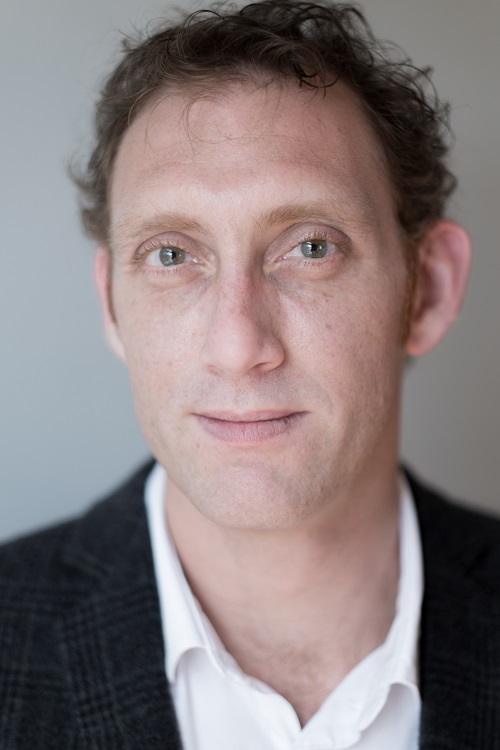
Duncan Nicholas
- Duncan is the Director of DN Journal Publishing Services and Vice-President for the European Association of Science Editors (EASE).
- He has over 15 years’ experience working in the journal publishing industry which includes providing independent editorial consultancy and training courses to publishers, researchers and the wider scholarly community, working with clients around the world, in Europe, Asia, Middle East, Africa, and North America.
- Duncan writes and delivers training workshops and presentations to editorial staff and researchers of all levels of academic seniority on a wide range of topics, and has been involved in the development, creation of content and recording of online learning materials, including the Publons Peer Reviewer Academy.
- Duncan’s workshops include editorial office management, writing and journal publishing skills, peer review, journal metrics, open science, social media & promotion, publishing & research ethics, and copyright & licensing.
Venue
Date: 14 February 2020
Address: Piazza dell’Ateneo Nuovo 1, 20126, Milano
Auditorium: U6-01b
E-Mail: academy@enago.com


